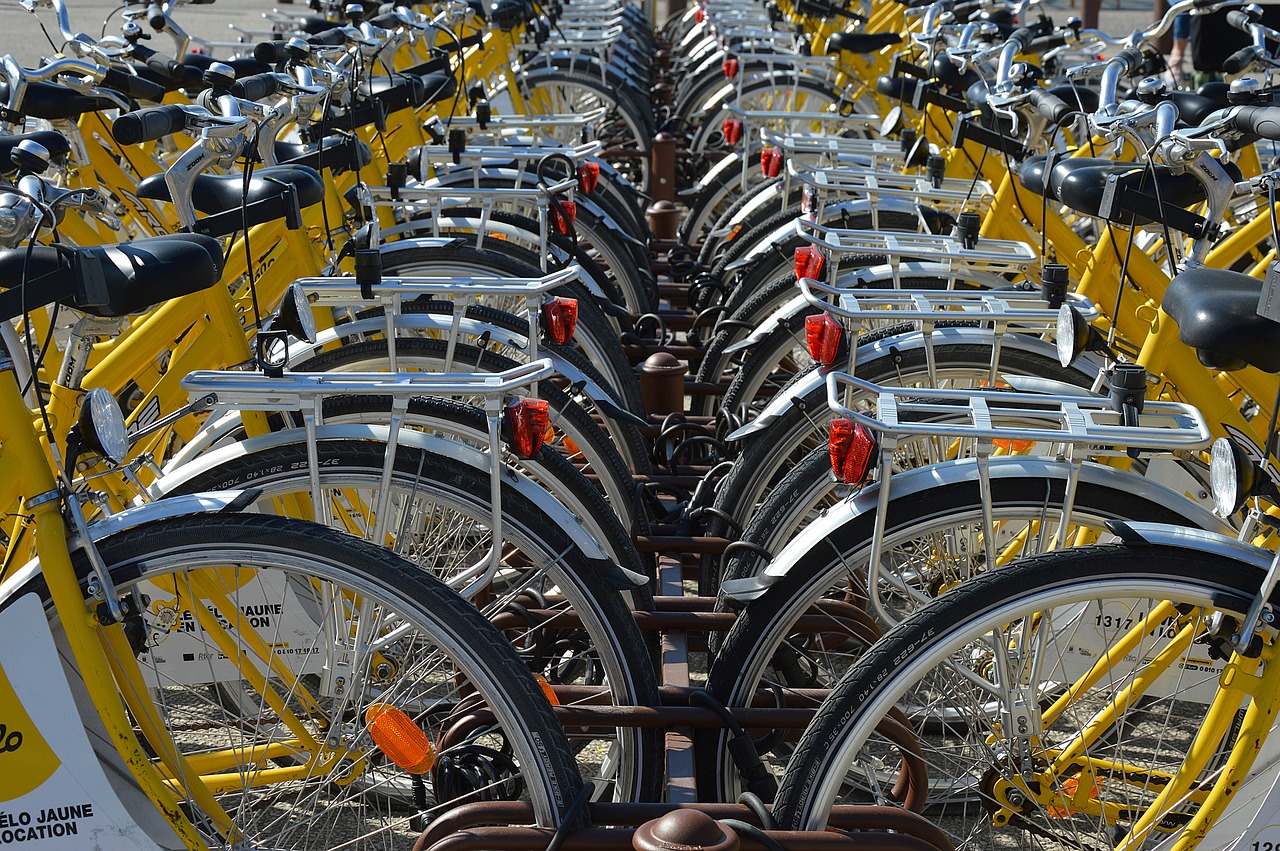Positive take-homes from the She Is Still Sustainable Series
Dr Clare Twigger-Ross recently attended two online seminars as part of the She is Still Sustainable series.
This is what she had to say about it:
“She Is Still Sustainable (SISS) is a growing network of mid-career women working in or around sustainability. SISS was to have held a workshop on the 27/28th April but instead held two online seminars. The first session led by Liz Rivers focused on sustaining ourselves, not succumbing to lock down perfectionism and sharing our thoughts on wellbeing in this strange time. It was uplifting and supportive and set me up for the day. The second session on the next day focused on How do we shape a new future? Hosted by Alina Congreve, Samantha Freelove and Kerry North, with special guest speakers Farhana Yamin, Solitaire Townsend, Susan Buckingham and Zoe Le Grand, this was an interactive session with breakout conversations as well as presentations. It was inspiring to hear about what these women are thinking about and doing – from Farhana Yamin talking about focusing on the local with the Think and Do Pop Up in Camden – a community space to give people in Camden the chance to come together to develop ideas and projects tackling the climate and ecological crisis through to Zoe Le Grand’s list of how Covid might open up spaces for system change. The input was great and it was a really stimulating session – very positive and proactive thinking about how to push forward the sustainability agenda. The group was welcoming, supportive and encouraging and I left feeling positive and empowered. Penny Walker one of She is Still Sustainable’s founders has written a recent blog talking about the sessions and how they made them work virtually, including a She is Still Sustainable selfie! It made me think about the value of networks and of meeting people outside my own work/home network, it made me realise how much positive action for sustainability is happening and how important it is to keep on pressing for change in whatever ways we can. I am still hoping to join them in October in person.”
For more information, please contact Clare Twigger-Ross (Technical Director).














